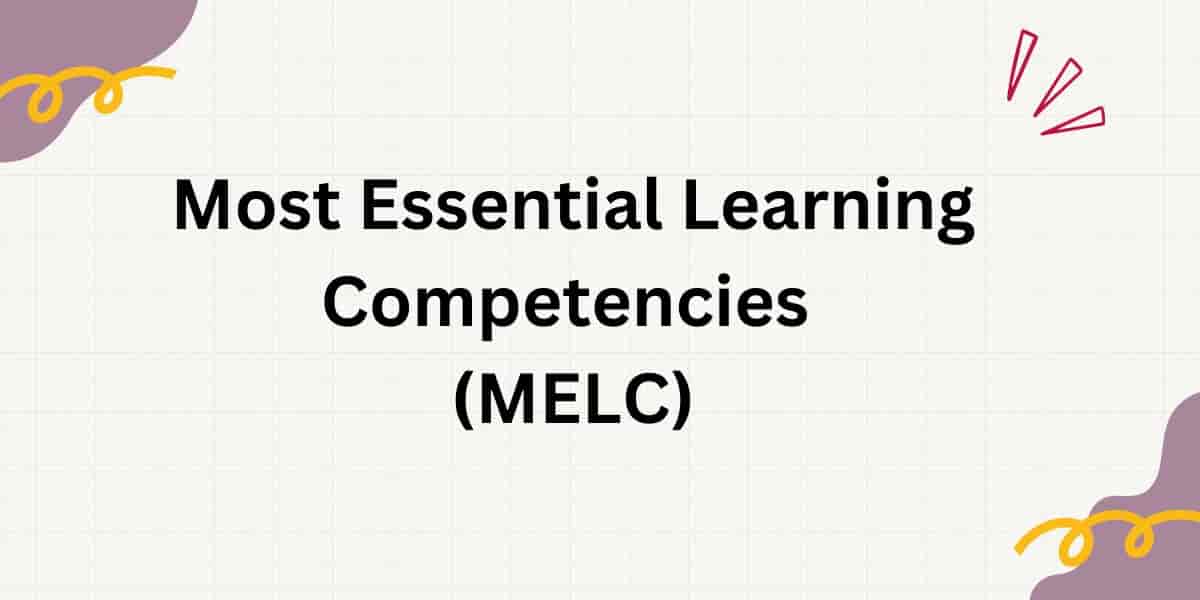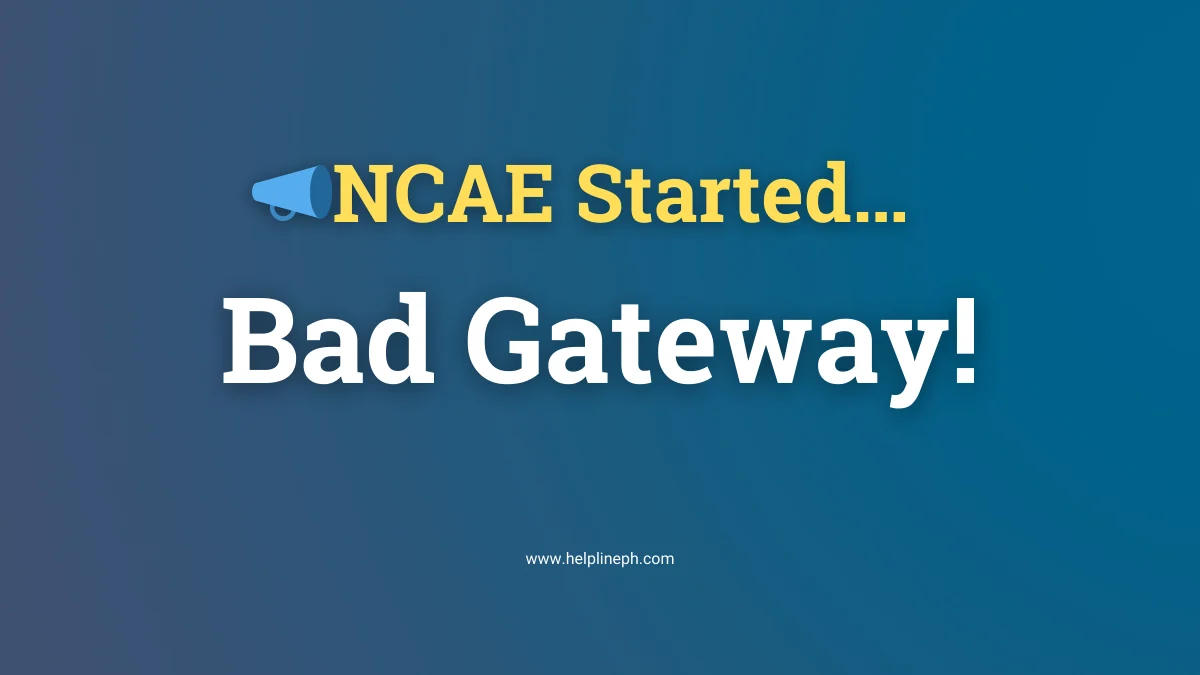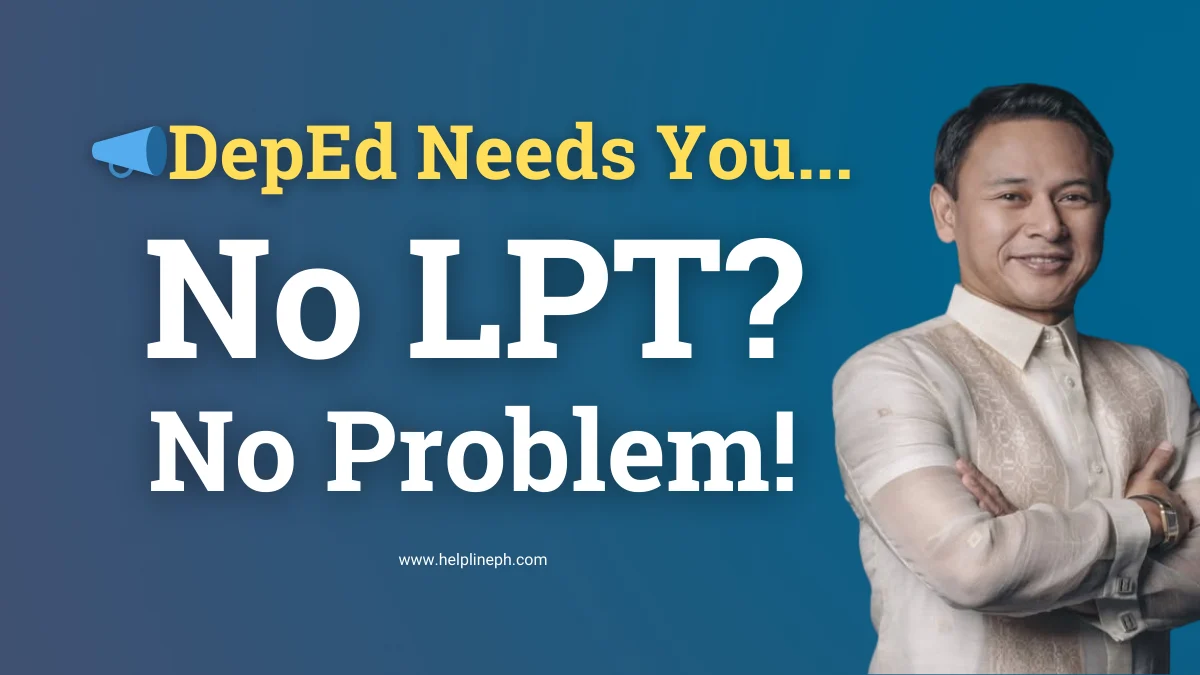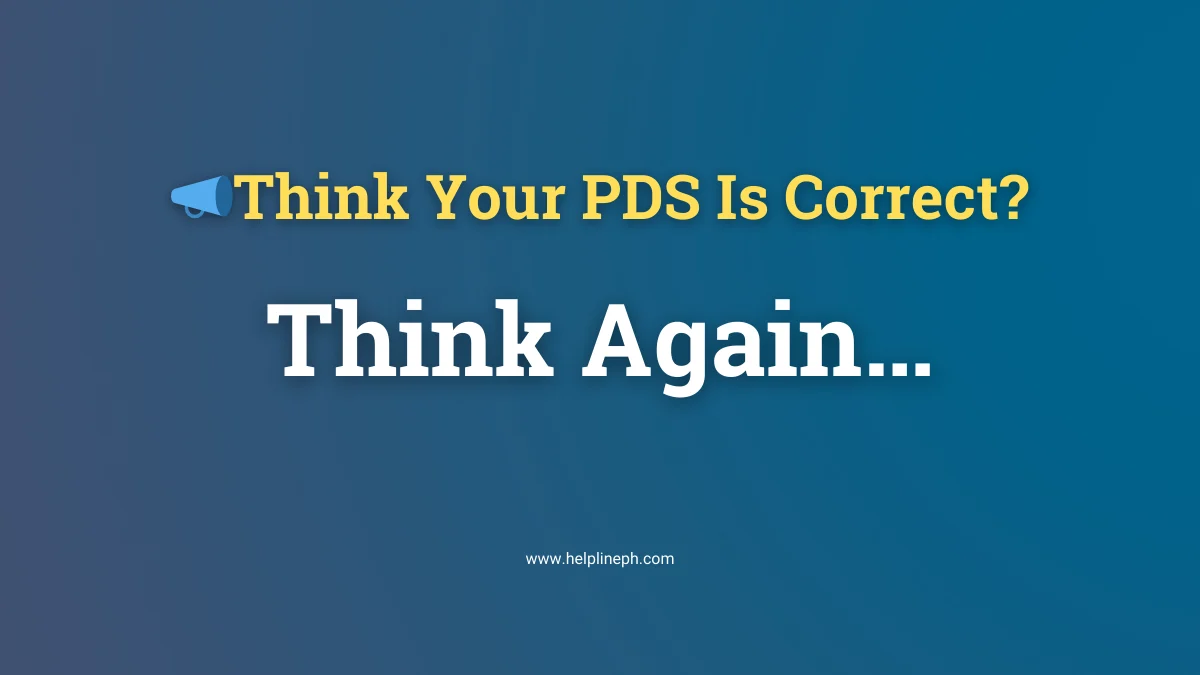Most Essential Learning Competencies (MELCs)
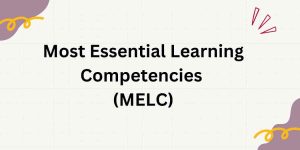
The Department of Education (DepEd) announces that the Most Essential Learning Competencies (MELCS) shall continue to be used for School Year 2022-2023. But, classroom assessment shall follow DepEd Order No. 8, s. 2015 or the Policy Guidelines on Classroom Assessment for the K to 12 Basic Education Program.
What is MELCs
The MELCs shall serve as the primary reference of all Schools, Schools Division Offices (SDOs) and Regional Offices (ROs) in determining and implementing learning delivery approaches that are suited to the local context and diversity of learners, while adapting to the challenges posed by COVID – 19.
According, ROs, SDOs and schools need not create a new list of learning competencies for the different learning areas since these are already available through the MELCs, Schools, SDOs and ROs are encourage to supplement the Most Essential Learning Competencies through their enhancement and contextualization. Please note that the task of preparing modules (self – learning kits) based on the contextualized MELCS is expected to be carried out mainly by the supervisors, specialist, and selected Master Teachers.
Purpose of MELCs
The release of the MELCs is not just a response to addressing the challenges of the current pandemic but is also part of the Department’s long-term response to the call of SDG 4 to develop resilient education systems, most especially during emergencies. Thus, it can be used under certain circumstances as a mechanism to ensure education continuity through the curriculum dimension.
The MELCs will enable the Department to focus instruction to the most essential and indispensable competencies that our learners must acquire, as we anticipate challenges in learning delivery.
It will also lighten the burden of converting classroom-oriented learning resources into learning resources adapted to distance learning.
Releasing the MELCs does not diminish the standards set by the full K to 12 curriculum guides. Rather, these serve as one of the guides for teachers as they address the instructional needs of learners while ensuring that curriculum standards are maintained and achieved.
The content and performance standards are indicated in the attached documents for field implementers, to demonstrate how the MELCs are anchored on the prescribed standards.
Background on the Identification of the MELCs
The Department, through the Bureau of Curriculum Development – Curriculum Standards Development Division, in collaboration with the Assessment Curriculum and Technology Research Centre (ACTRC), started working on the identification of essential learning competencies in the middle of 2019 as part of its ongoing review of the intended curriculum. Bureau specialists, academic experts and field implementers worked to reach a consensus regarding the criteria to be used in determining these competencies.
Initiated by Secretary Leonor Magtolis-Briones, the K to 12 curriculum review is not just meant to fulfill one of the provisions of Republic Act (RA) 105333 to review the curriculum but is also part of her commitment to ensure quality, relevant and liberating education for all. After the four phases of curriculum review are completed, the Secretary will convene the Curriculum Consultative Committee to present the findings as provided for in Section 6 of the same Republic Act.
The review focuses on articulation within and across learning areas to identify gaps, issues, and concerns across learning areas and grade levels. Specifically, the review covers the following:
- Mapping of the essential and desirable learning competencies within the curriculum;
- Identification of prerequisite knowledge and skills needed to prepare students for essential learning competencies; and
- Analysis of the interconnectedness of prerequisite knowledge and skills among the learning competencies for each subject area.
Essential learning competencies are defined as what the students need, considered indispensable, in the teaching-learning process to building skills to equip learners for subsequent grade levels and subsequently, for lifelong learning. On the other hand, desirable learning competencies were defined as what may enhance education but may not be necessary in building foundational skills.
A list of characteristics of essential learning competencies was provided to help reviewers decide which among the learning competencies are deemed most important.
| Characteristics of an Essential Learning Competency Learning competency is ESSENTIAL if … | 1. It is aligned with national and/or local standards/ frameworks (eg: “scientifically literate Filipinos”).
2. It connects the content to higher concepts across content areas. 3. It is applicable to real-life situations. 4. If students leave school, it would still be important for them to have this competency above many others. 5. It would not be expected for most students to learn this in settings other than through formal education. |
DepEd MELCs Download

Here are the downloadable file of the Most Essential Learning Competencies (MELCs). Feel free to download MELCs below.
| Files | Types | Links |
| MELCs for Kindergarten | Download | |
| MELCs for Araling Panlipunan | Download | |
| MELCs for English | Download | |
| MELCs for EPP | Download | |
| MELCs for ESP | Download | |
| MELCs for Filipino | Download | |
| MELCs for MAPEH | Download | |
| MELCs for Mathematics | Download | |
| MELCs for MTB-MLE | Download | |
| MELCs for TLE | Download |
Guidelines on the Use of MELCs
Read the guidelines set by Department of Education on the use of Most Essential Learning Competencies:
